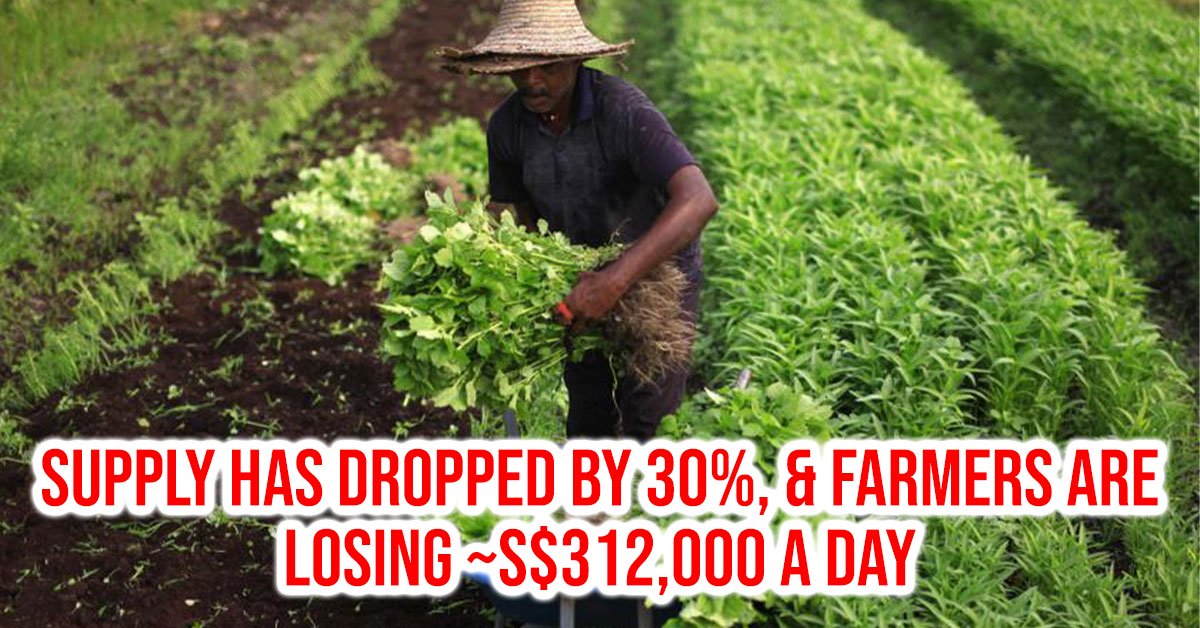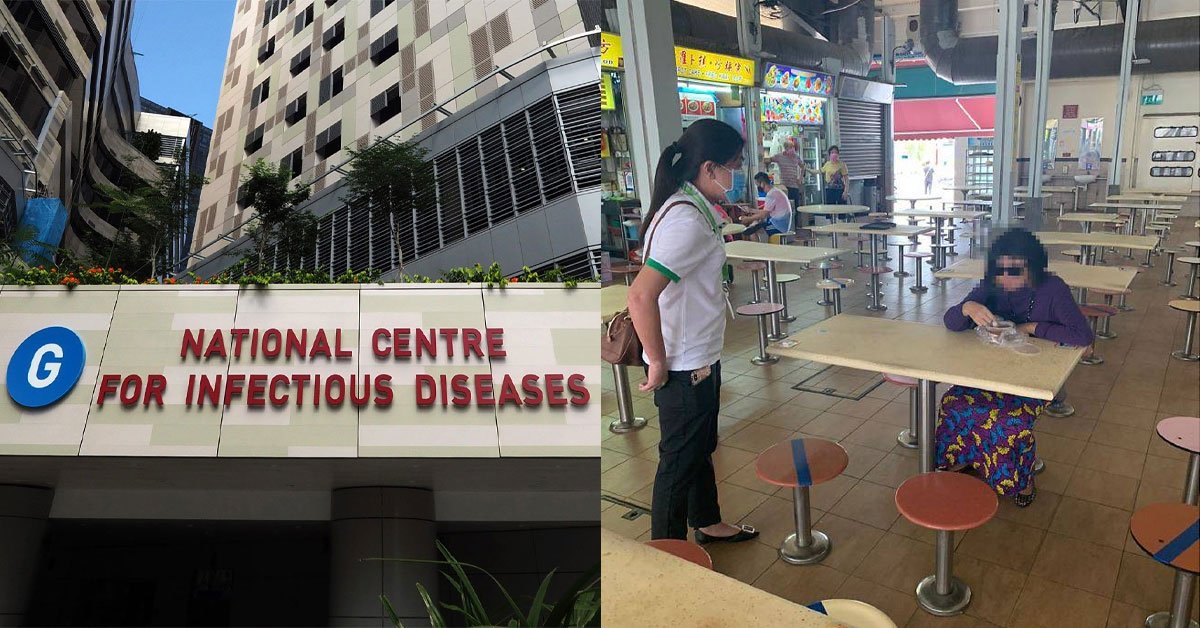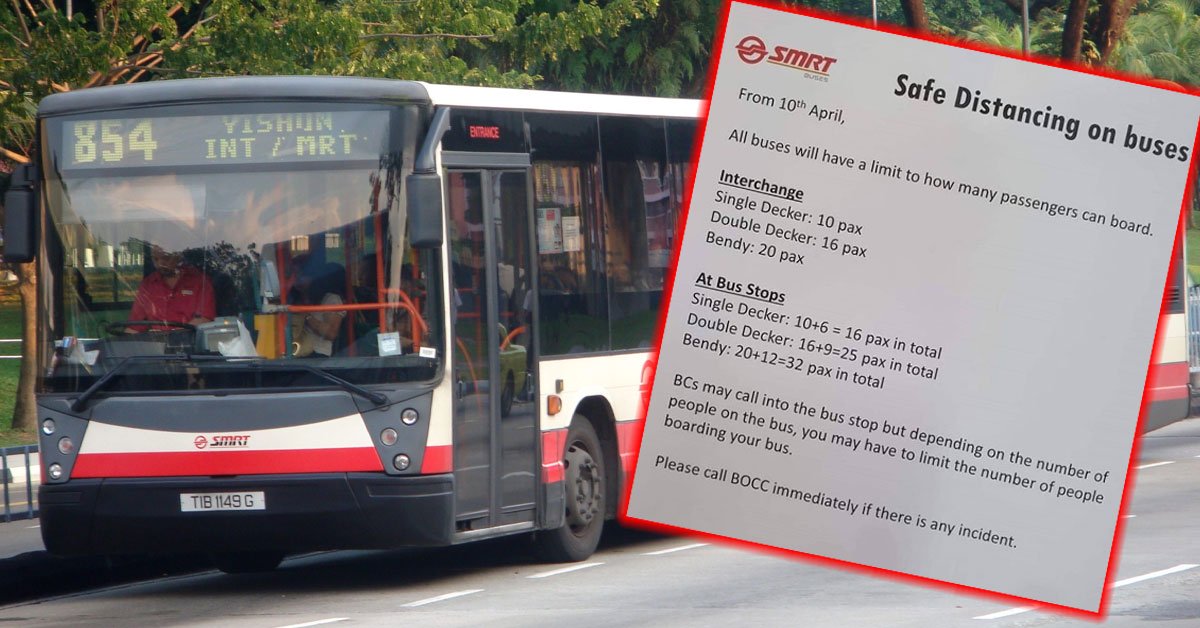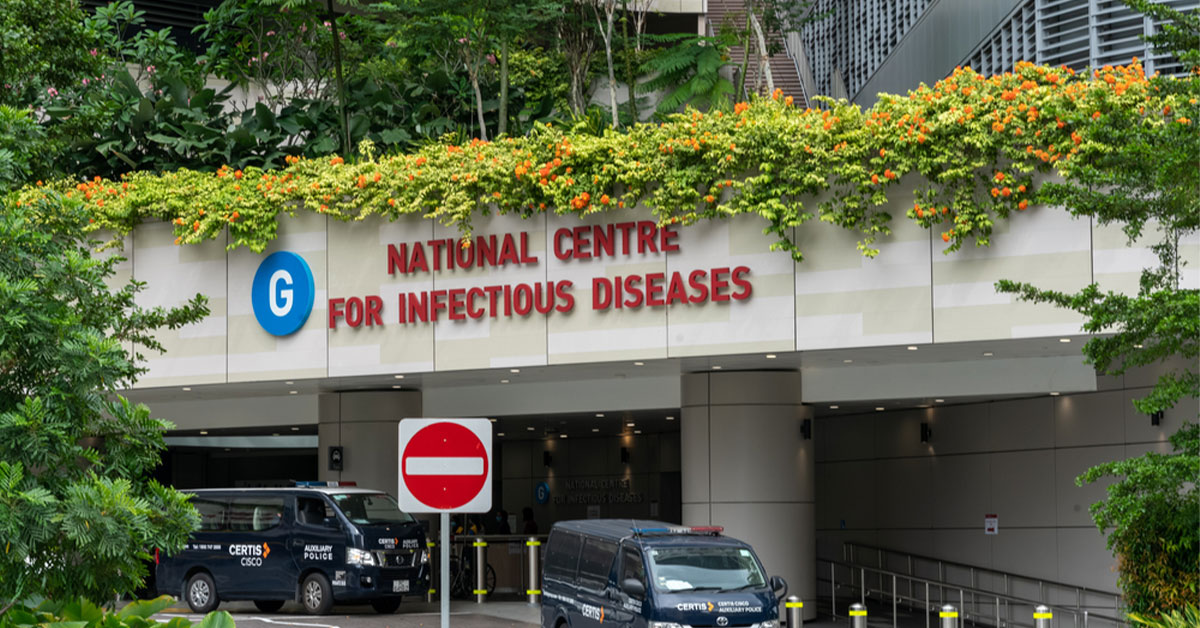The COVID-19 outbreak has worsened significantly in the past coming weeks, with more than 533,000 people infected and more than 24,000 deaths.
And with the growing pandemic, many countries have imposed stricter regulations in an attempt to curb the spread of the infection.
Many countries have resorted to a complete lockdown of their country, and one such country is our neighbour, Malaysia.
On 16 March, Malaysia’ Prime Minister Muhyiddin Yassin announced that Malaysia will be under a movement control order (MCO) from 18 March until 31 March, and only those businesses providing essential services could stay open with minimal staff.
As the situation hasn’t gotten any better – there are still many cases being reported daily, he announced that the MCO will be extended until 14 April.
So what does this mean?
M’sia Vegetable Supply Is Going to be Disrupted
Due to the MCO, Malaysia’s vegetable supply is disrupted as vegetable farmers cannot continue with production processes.

Now, they are unable to purchase supplies as they don’t have enough manpower for labour, and they are unable to continue farming as well, especially now that the MCO has been extended to April.
Organic farmer John Liew was interviewed by CNA and he revealed that there the vegetable farming industry is made up of a chain of processes, making it quite vulnerable.
He said, “In order for us to successfully farm, we need our suppliers who provide us with things like feed and fertilisers. But right now, with the movement restriction, all the agricultural shops are closed. Although I don’t need pesticides for organic farming, there are many other materials I source from them for my daily farming. Of course there will be a shortage (going forward).”
Yes, if you study business, you’d know that there’s always some link between different industries.
So How Many People Will Be Affected By This?
According to Everfresh Agriculture managing director G Balamurugan, this shortage will cause a disruption to at least 80% of Malaysians.

He revealed, “There is going to be some serious shortage and this is going to happen in about two or three months.”
This is because the majority of the vegetables consumed by the locals are grown for three months before they get harvested.
While it is possible for certain vegetables to be harvested in about two months, that is the bare minimum amount of time farmers have to wait before harvesting.
Problems Faced By Farmers
Sadly, this isn’t the only problem that farmers are facing.
Farmers are also being affected financially because now that morning markets are closed due to the MCO, they are unable to sell their goods. With no source of income, many of them have no choice but to give up on their business.
The MCO has resulted in supply being reduced by about 30%.
And since the farmers are unable to distribute their supply to all the markets, they lose about 790 metric tonnes in a day.
That translates to 6,000 farmers in Malaysia facing a cumulative loss of RM948,000 (~S$312,708) daily.

Farmers are also facing labour shortage because the government made it a point that only two foreign workers are allowed to assist each vegetable seller in the market.
For your information, one seller usually loads and unloads up to 300 boxes of vegetables a day. With only three people, how are they going to load and unload all those boxes in time for sale?
With the situation so bad, Mr Tan believes that the Federal Agricultural Marketing Authority should at least help to take in some of the excess supply right now in order to liaise with local governments and make sure that supply is normalised.
He added, “Besides that, the Ministry of Agriculture should restart production grants to farmers in order to reduce the cost of production. More agricultural land needs to be opened by the government for vegetable farmers to carry our sustainable cultivation.”
Mr Balamurugan also agreed and asked for the government to provide more aid to farmers. He said, “This can be anything from land tax to income tax or even basic living expenses, just so that the economic burden could be reduced.”
Is Singapore Going To Be Affected Too?
For Singapore, we only import about 23%, or about 220,800 tonnes of Malaysia’s vegetables.
We actually discuss where Singapore gets our food from in a video and you can watch it if you don’t feel like reading the lengthy explanation below.
Advertisements
(Check out our YouTube channel for more informative and entertaining videos!)
However, if you insist on reading, Singapore imports about 90% of our food, and we do not only depend on one source for food, so you can rest assured that we will not be too heavily affected by the decrease in Malaysia’s vegetable supply.
The Singapore Food Agency, the successor to AVA, is always on the lookout for potential new sources of food. And they aren’t the only ones doing that. They also have a fund where they give out money to local companies to help look for new supply.
And in case you’re still not convinced that Singapore won’t be affected too badly, we actually have a national stockpile of food available in case a crisis occurs. This stockpile of food can last every individual in Singapore for at least a few months.
Advertisements
Yep, that’s how impressive Singapore is.
So with that said, hopefully things will get better in Malaysia and most importantly, that the COVID-19 infection will go away soon.

And please, for the name of every God in the world, don’t use this as an excuse to stop eating vegetables. That’s the worst excuse ever.



